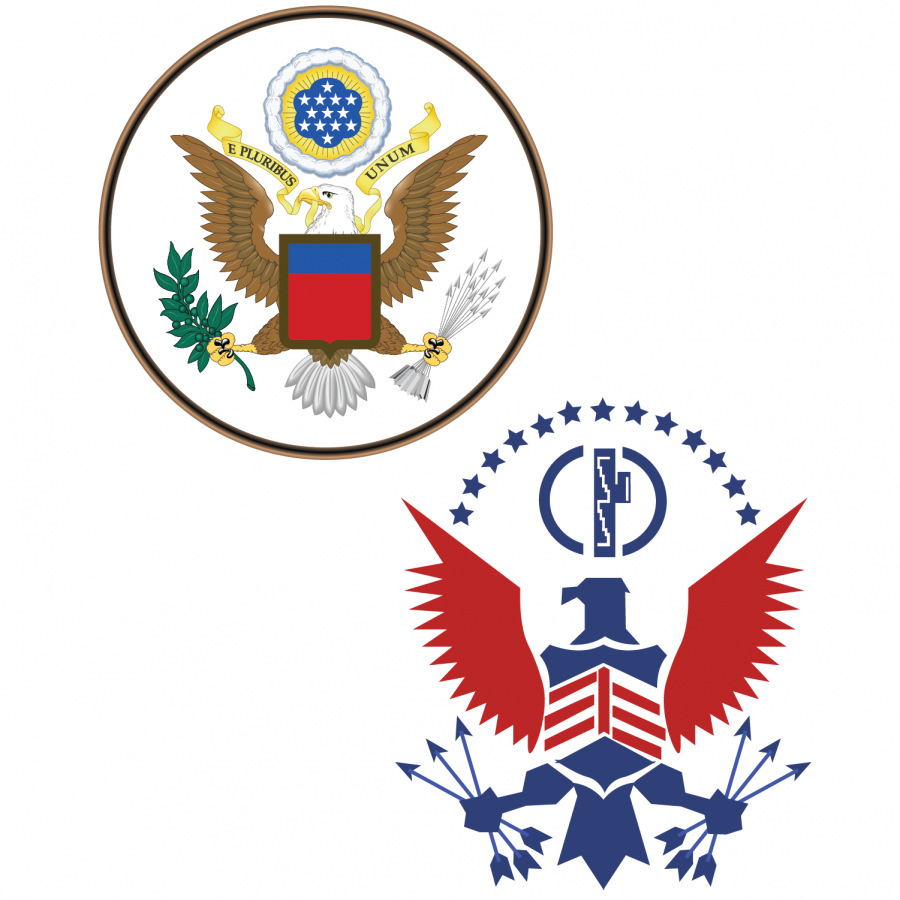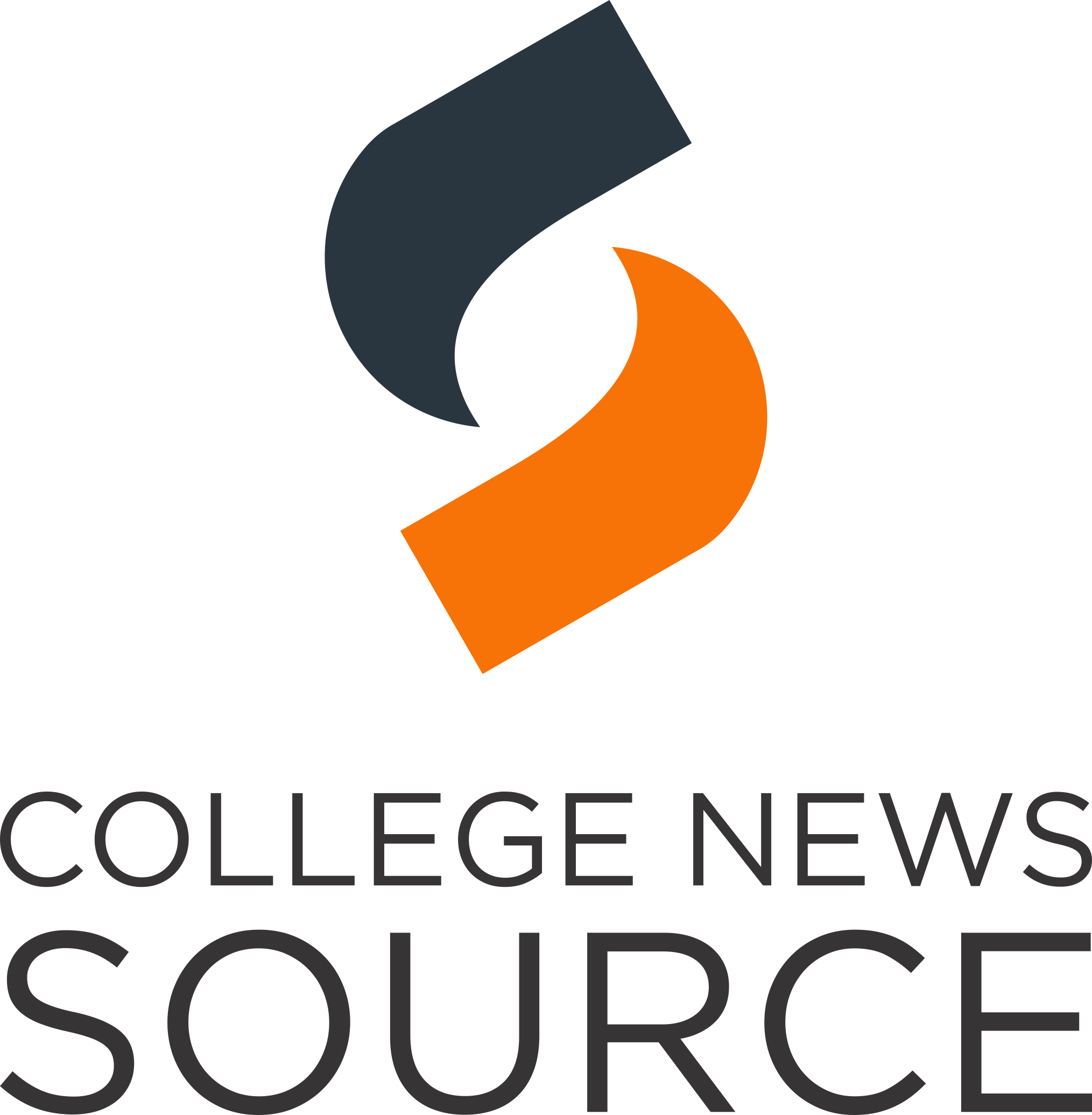Alt-right movement: It’s wrong
October 18, 2018
It seemed like a notice from a federal agency, but this was no Great Seal. In fact, it was a clear recreation of it.
On the poster was a bizarre bird with sharp, jagged wings and talons holding three large arrows. Inked in bold were the words “RECLAIM AMERICA” below an image of a bundle of sticks strapped to a hatchet.
Posters by the Patriot Front, a neo-fascist organization hailing from Texas, appeared outside the Illini Union last week before they were promptly removed. Here on campus, the Front is just another facet of the broader alt-right movement, whose supporters tend to believe that true Americans must be of European descent and that liberal democracy is tearing down the nation’s original identity. Yet despite claiming to defend American values from malicious forces, both foreign and within, the alt-right is the exact opposite of American conservatism.
In his signature 1859 book “On Liberty,” John Stuart Mill, a pioneering American conservative, celebrated nonconformity. He stressed “the importance, to man and society, of a large variety in types of character, and of giving full freedom to human nature to expand itself in innumerable and conflicting directions.” In the 19th century, when industrialization threatened to make machines out of the working class, Mill’s emphasis on personal freedom harkens back to a bygone age in which people roamed the land, defied authority and enjoyed the fruits of their own labor.
Believing in the might of free individuals, 20th-century conservatives like Ronald Reagan delivered tax cuts and deregulation to unleash self-reliance. Rooted in nostalgia, conservatism rejects any threat to individual liberty, especially from a large government.
Get The Daily Illini in your inbox!
In contrast, the alt-right’s obsession with a collective identity and authoritarianism diverges from conservatism. The National Socialist Movement, a neo-Nazi hate group, states in its “25 Theses” that nations are bound by “shared race, culture and identity.” To preserve such identity, American democracy must give way to a one-party state monopolizing mass media to repel outside influence.
Likewise, the Patriot Front condemns democracy for racial defilement and wants “a new Caesar” to revive a nation descended from European conquerors. Even the Ku Klux Klan, while paying lip service to democracy, focuses greatly on “being white” with an almost cult-like hierarchy. In each case, the alt-right demonstrates a willingness to sacrifice individual rights hoping that a strong leadership may shield their common identities from the onslaught of modernization and demographic change. Worse still, the alt-right inadvertently spells the death of individualism because their monolithic, often race-based ideology resents what Mill calls a “variety in types and character.”
Authoritarian beliefs also explain the menacing aesthetic of alt-right posters and memorabilia. To them, the Bald Eagle is no longer a symbol of enduring freedom, but an icon of absolute power, or a reincarnation of the Roman Aquila, the standard of their military legion.
Charlottesville proved the alt-right is still a force to be reckoned with. Associating itself with traditional right-wing politics, the alt-right continues to prey on disgruntled voters using a veneer of patriotism and traditional values. Yet one way or another, American conservatives must wholly disown the alt-right, as it is fundamentally antithetical to individual liberty.
Guzi is a freshman in LAS.








